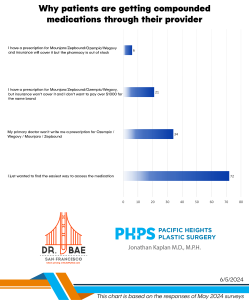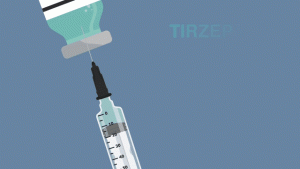 If you saw this article or others, you know by now there’s a potential reaction between facial fillers and the COVID vaccine. If you’re considering not getting the vaccine, this should not be the reason behind your decision. Read on.
If you saw this article or others, you know by now there’s a potential reaction between facial fillers and the COVID vaccine. If you’re considering not getting the vaccine, this should not be the reason behind your decision. Read on.
Facial fillers and the COVID vaccine
First off, it’s not usual to have a reaction to a vaccine. Any vaccine. There’s nothing special about the COVID vaccine in that respect. The preservatives used in vaccines, such as polyethylene glycol (PGE)(used in skin creams and other self care products) can cause a reaction in some people. Typically recipients that are already susceptible to allergic reactions for one reason or another.
In fact, many documented cases of allergic reactions to the vaccine, facial filler patients or otherwise, were consumers that carry an EpiPen because of their risk of having an allergic reaction. That should tell you something about their innate susceptibility to allergens in general. This is different than the vast majority of the population.
Currently, the theory is that people who have had facial fillers, that can contain PGE, develop antibodies to PGE and once they receive the vaccine, which also contains PGE, their immune response “attacks” the fillers, causing facial swelling. For the record, this attack by the immune system is actually a good sign you have a strong, appropriately reacting immune response.
What happens to facial filler patients that have a reaction to the vaccine?
So for those people that have a reaction to the PGE in a vaccine, they have have facial or lip swelling in the area of the facial fillers. But that’s it. The reaction is easily treated with antihistamines like Benadryl, Claritin or Allegra. Oral or an injectable steroid will help tamp down the reaction as well.
The important thing to remember is that no one has had a serious reaction in the case of facial fillers. So if you’ve had facial fillers and are considering not getting the vaccine, please reconsider. This is a risk – benefit decision. And the benefit of getting the vaccine and avoiding an active COVID infection far outweighs the risk of have some facial swelling after facial fillers.
Click here for the original blog post written by Dr. Kaplan for BuildMyBod.




